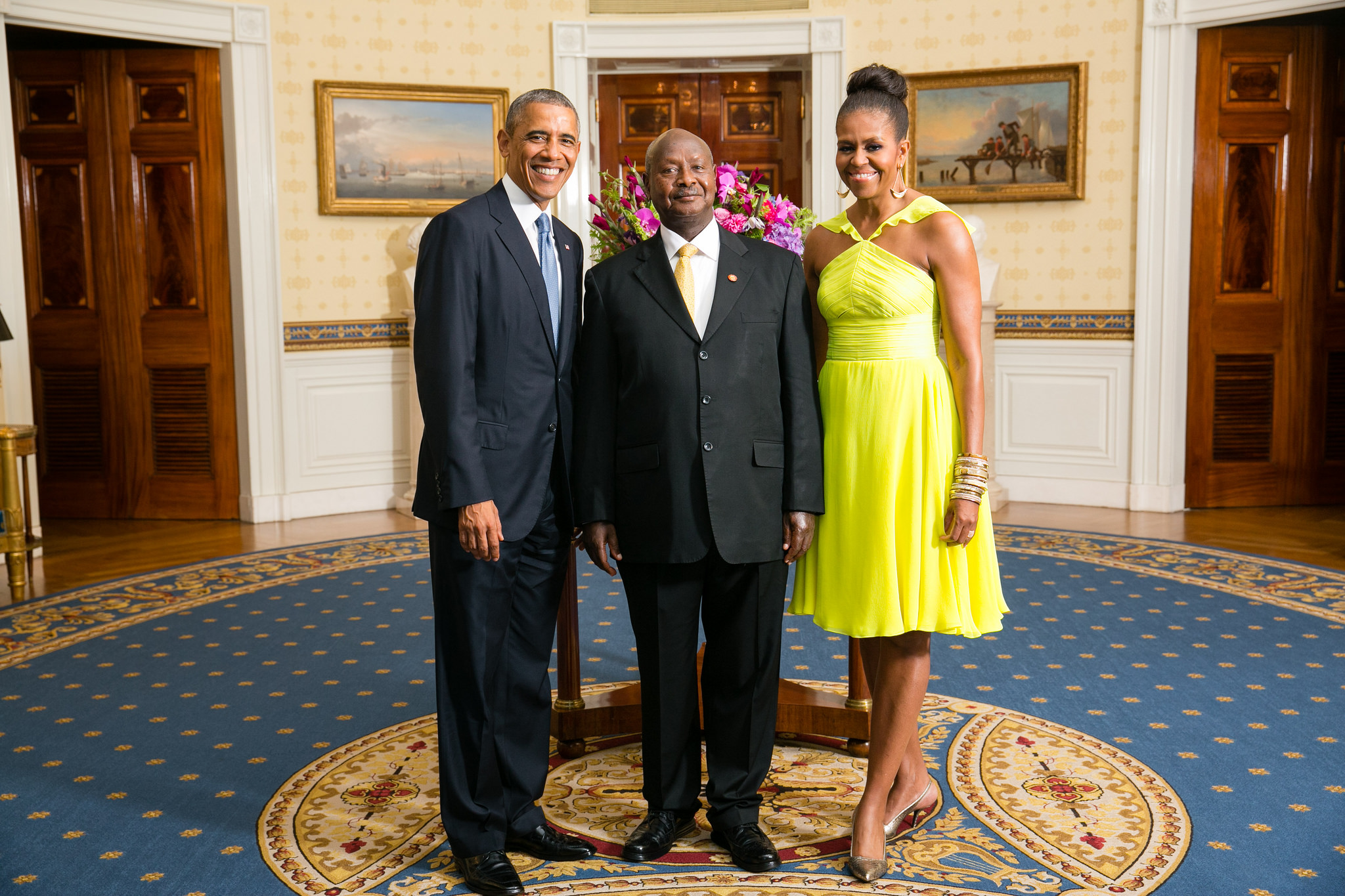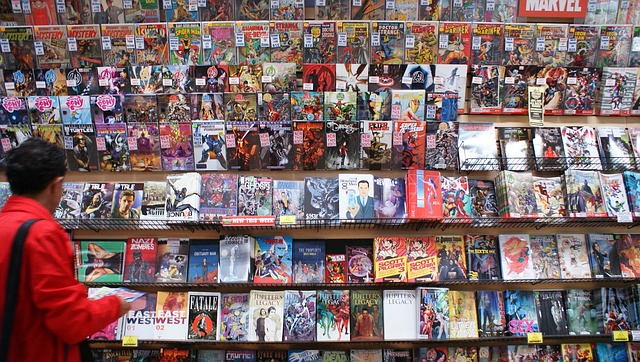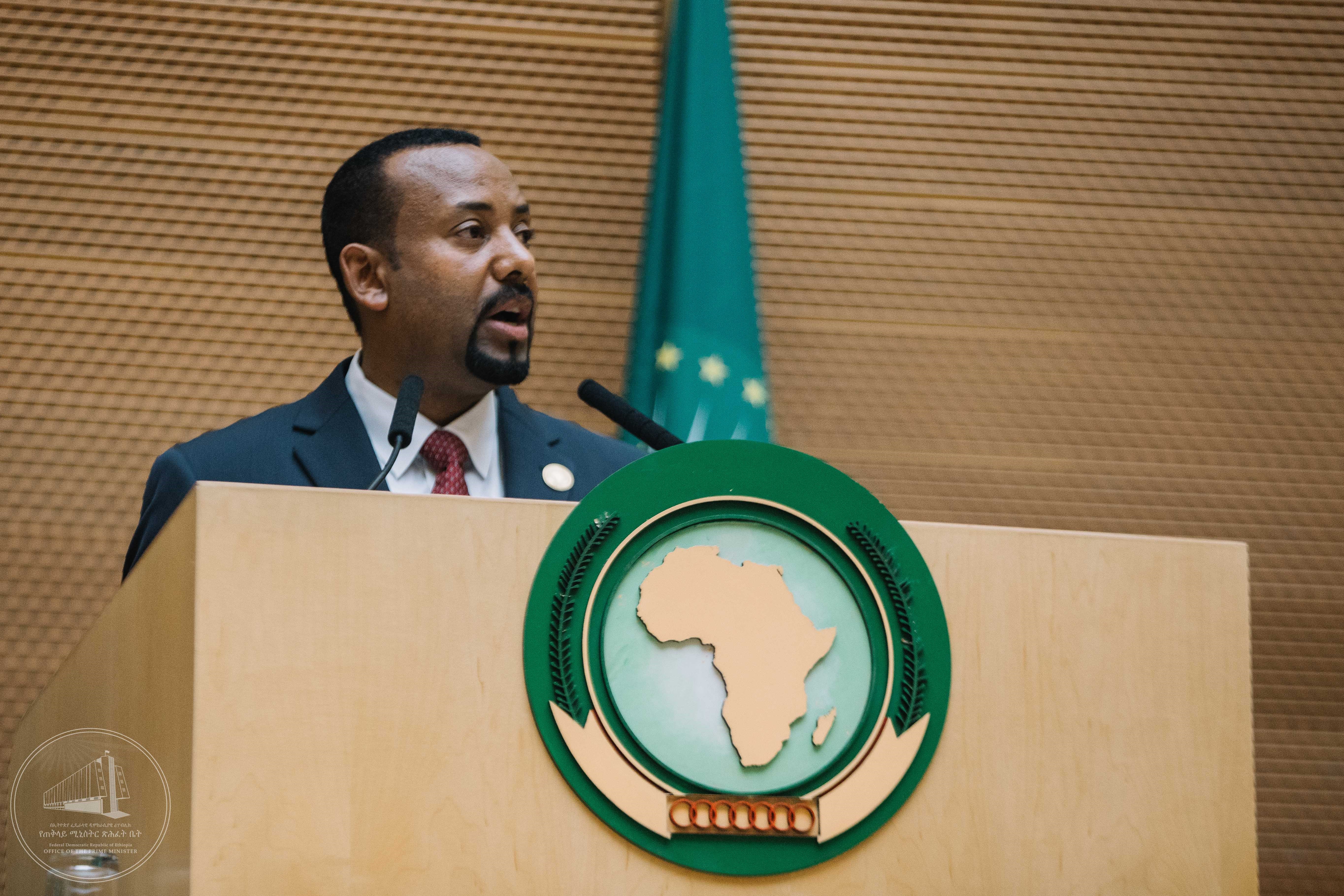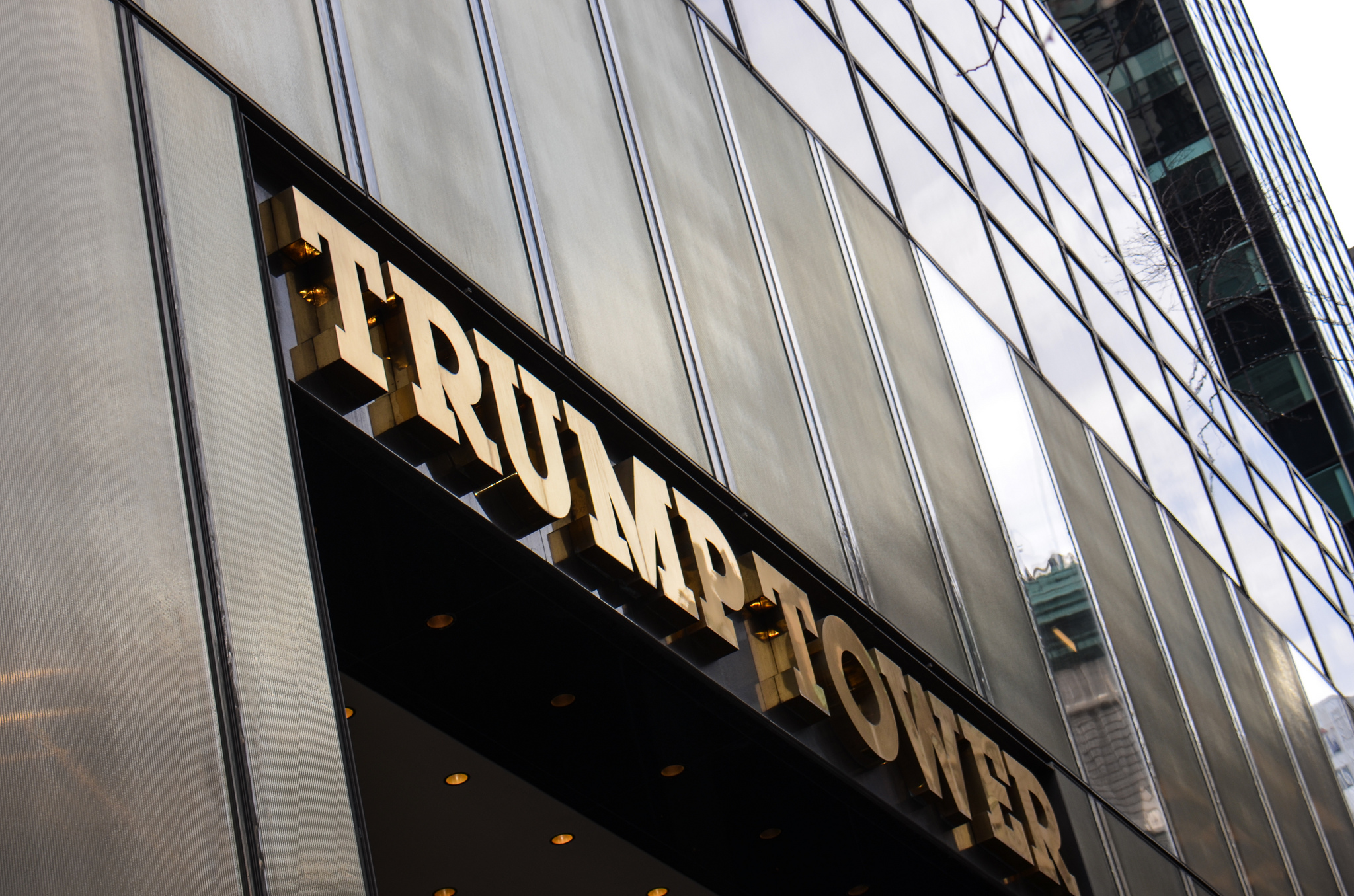Guest post by Erin Mazursky
In the lead up to presidential elections on February 18th, incumbent Ugandan President Yoweri Museveni has publically declared that he will train up to 11 million “crime preventers” – armed civilians with the mandate to maintain peace should violence break out. In a country of just over 37 million, this number is unlikely, but insiders put it closer to two million. Either way, the reality of the situation does not change. In the name of security, Museveni is expanding his army to quiet any dissent against what most Ugandans see as a pointless or inevitably rigged election.
Museveni has ruled Uganda under the auspice of democracy for nearly three decades. However, time has forced a change in tactics to maintain power and, in a world where veneers of democracy are thinning, Museveni’s tactics have become even more despotic—increased intimidation, imprisonment, expansion of state surveillance, stricter control of state media, and a recent law that requires police permission for gatherings of more than three people. In fact, Uganda’s freedom rating has plummeted to its lowest score in nearly fifteen years.
Museveni’s renewed iron fist does not come out of nowhere; unfortunately, this Ugandan story is not unique. Despotic leaders take notes from each others’ playbooks, and similar crackdowns have closed democratic spaces in numerous countries. Increased technology provides citizens greater voice and ability to communicate, which in turn gives rise to new protest movements globally. Government backlashes against these courageous activists prove their protests are working. However, citizens are not learning from each other as quickly as these despots.
I founded Rhize to change this equation—so that activists, who vastly outnumber those in government apparatuses, can create a citizens’ playbook. I recently returned from a workshop with Ugandan leaders working towards free, fair, and peaceful elections. Rhize helps activists around the world gain access to and apply the foundational strategies and principles of successful social movements such as the Indian movement for independence, the US Civil Rights Movement, the Serbian Otpor movement, and the Anti-Apartheid movement in South Africa.
Many of the Ugandans I met took part in the noteworthy Walk to Work campaign after the last election in 2011. Since then, each had been working in various ways to attempt to stand up to the government. Museveni’s security army effectively disbanded Walk to Work and every campaign since, but these activists learned from their mistakes and recognized the need for a more effective framework going forward. At the beginning of the workshop, we asked participants what they wanted to get out of the training and what the barriers were to them uniting under a common cause. The answer was simple: lack of organization and lack of strategy.
Strategy and organization can be taught. Sustainable movements – groups that are able to continue their efforts with at least a 5-10 year horizon – realize that this type of struggle not only creates clear outcomes but also engenders greater social cohesion and more democratic foundations in the process. Movements’ power comes not only from the political outcomes they create; to be successful, social, cultural, and behavioral transformation must result in greater inclusion, access, and justice for the long run.
The Rhize philosophy is that movements can reflect the societies they want to build. But how does this happen? What key factors contribute to this type of change and how can it be sustained? What type of external support have movements received in order to achieve such success? We know what tangible wins look like—the signing of the Civil Rights Act of 1965, the British handover of governance to the Indian people in 1947, the fall of Slobodan Milosevic in 2000, the Egyptians’ take down of Mubarak in 2011.
But if movements can truly move mountains, should their success also be judged on what happens afterwards? Even with its marked moment of success in 1994 – when Nelson Mandela assumed the South African presidency – the Anti-Apartheid movement has been brought into question. As movement leaders became government leaders, they left a critical vacuum in civil society which remains largely unfilled. Without this critical check and balance on institutionalized power, many black South Africans question if their lives are truly better off than during apartheid. To be clear, I am not suggesting that apartheid should have remained – only that the structural racism did not disappear simply because of a new government or legal revisions. Cultural, economic, behavior, and other structural changes are still a work in progress.
Successful movements naturally create extra-institutional systems—markets, schools, people’s parliaments, medicine distribution networks, sanitation systems—that make up for government incompetency. These systems push institutions to change and adapt. However, we do not yet know the line between true institutional, systemic change, co-optation of civil society such as in South Africa, or complete marginalization as with the Free Papua Movement in Indonesia. In South Africa, activists wanted their government to acknowledge black-owned businesses, ensure equal education, and access to healthcare. But government adoption of certain policies should not mark the end of a movement. Civil society must continue to challenge structural injustices and not rely on the government as the sole driver of change, no matter who takes office. Otherwise, these leaders risk unintentionally undermining the movement’s ability to bring their vision to fruition.
As this case illustrates, there is a need for activists and scholars alike to further their understanding of movement dynamics. Such learning has tangible applications – just look at the seminal challenge faced by Ugandans this February. Almost 80% of the population has lived with no president other than Museveni. Yet seasoned activists understand that an ousting of Museveni alone will not heal Uganda’s fractious wounds. In the coming months and years, leaders and activists will need to build parallel systems that force a shifting of power away from the regime and towards the people. Like activists who came before them, they will have to determine for themselves what that change looks like and how to balance the need for a fair political system with the need for ongoing social change.
Erin Mazursky is the Founder & Executive Director of Rhize—a global platform that helps movements sustain active participation in service of more inclusive democratic societies—and a recent Practitioner-in-Residence at the Sié Chéou-Kang Center for International Security and Diplomacy at the Josef Korbel School of International Studies, University of Denver.







